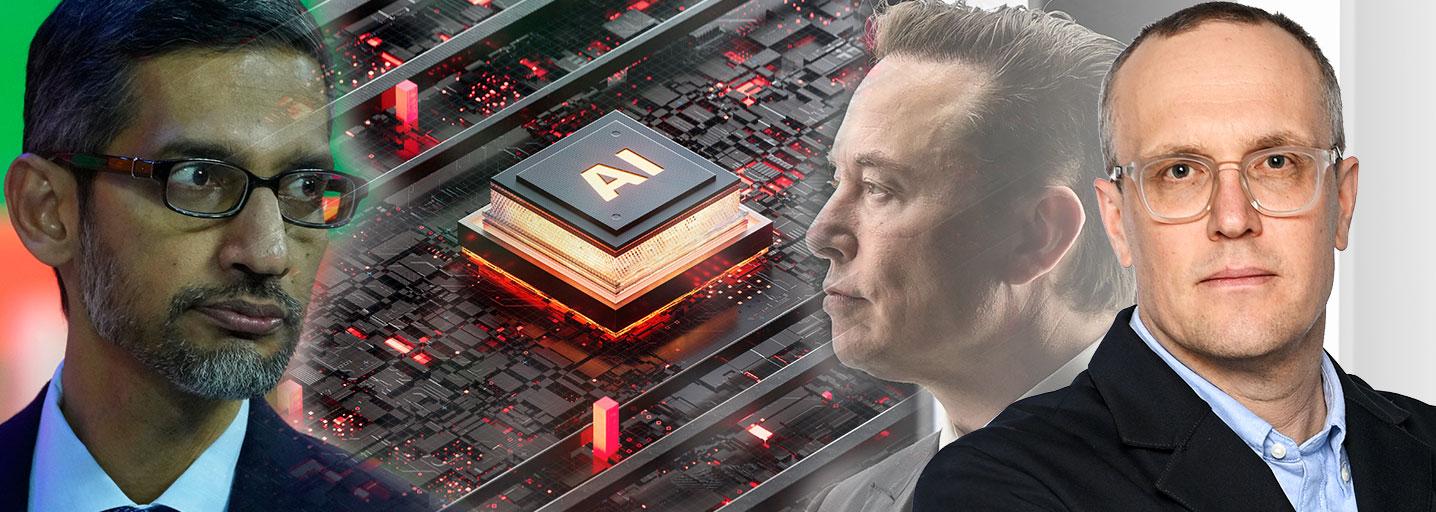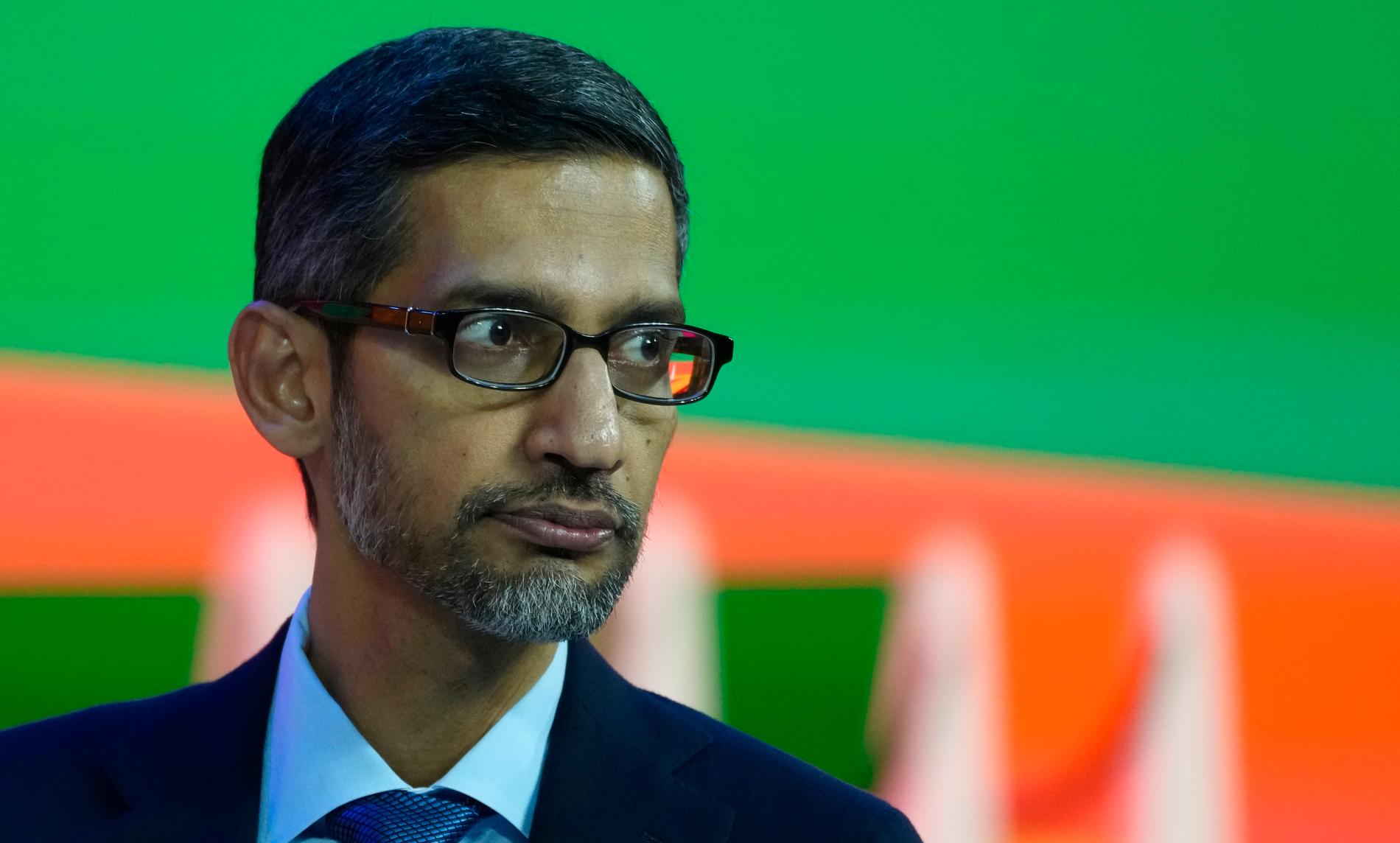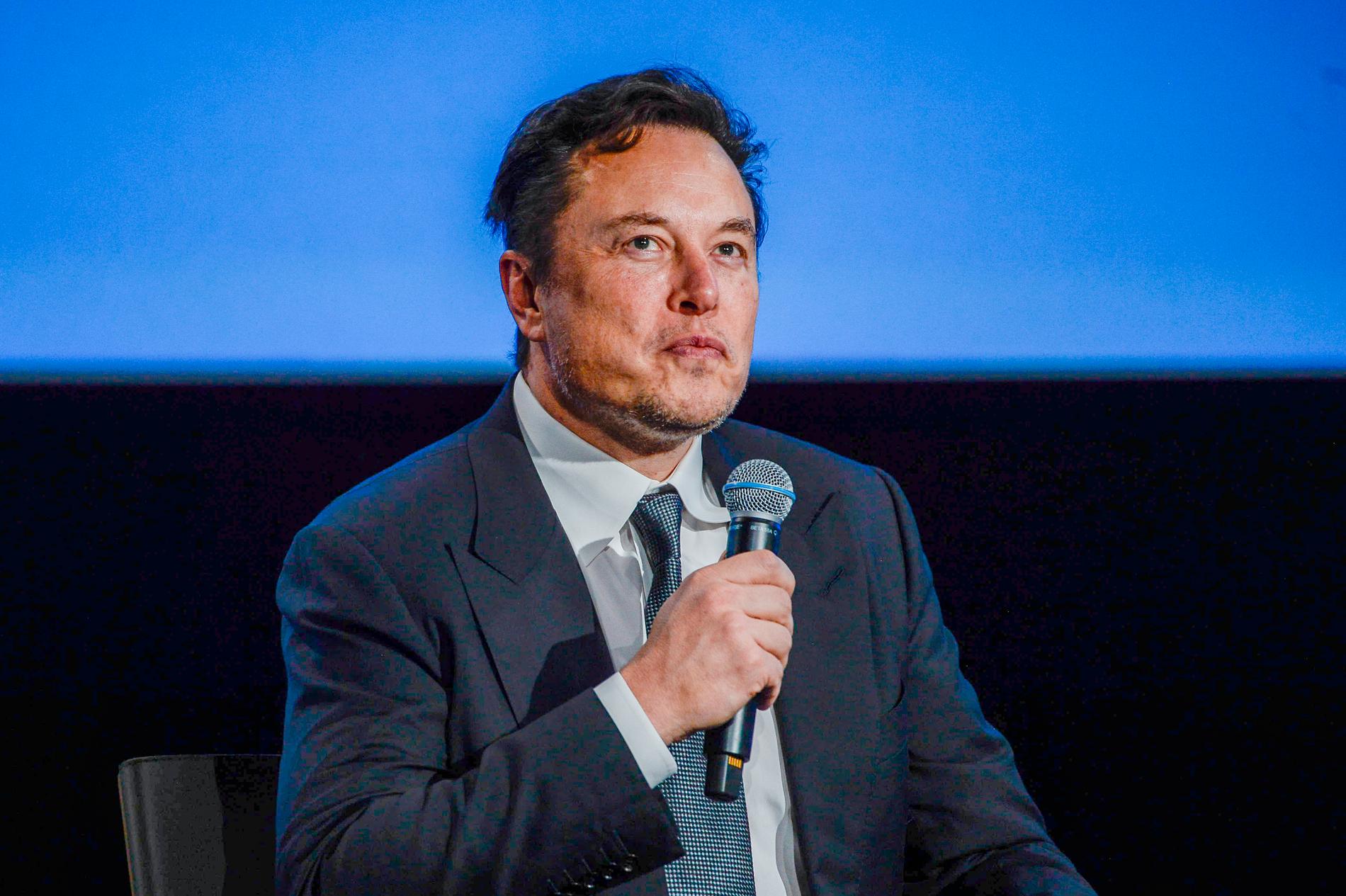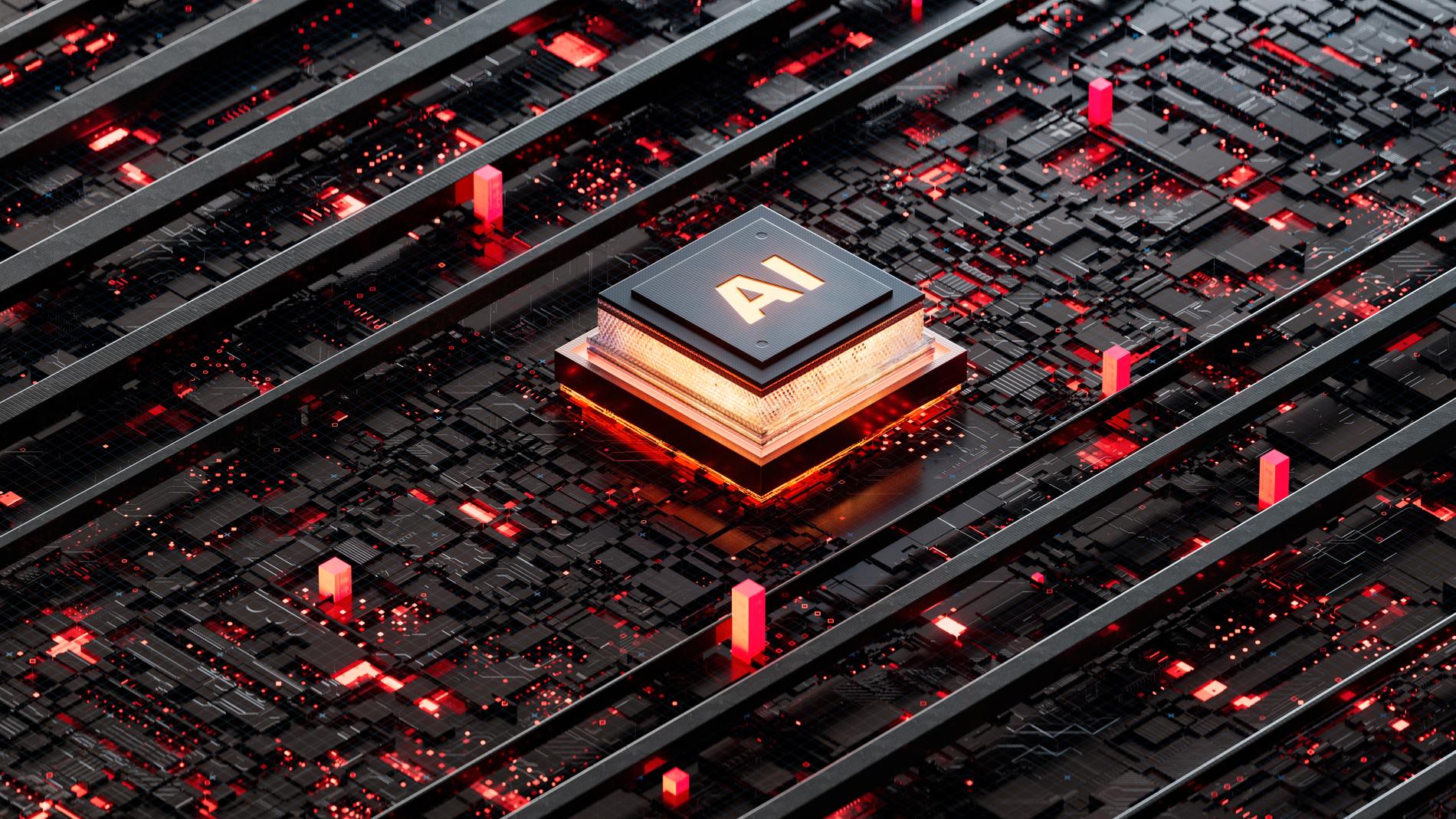
In the debate about AI, most people seem to have missed a detail
Andreas Cervenka
Published: Less than 1 hour ago
Updated: Less than 40 min ago
This is a commenting text. Analysis and positions are the writer's.
NEWS
"Artificial intelligence is a bigger change than fire or electricity," Google CEO Sundar Pichai said this week.
You can be calm.
This is not yet another text about ChatGPT and it does not contain any sure-fire prophecies about what AI will or will not mean for humanity.
If there is any conclusion that can be drawn from Homo Sapiens' 150,000 years on earth, it is that development takes paths that cannot be predicted. The line from history's first campfire to a lonely young person in an apartment wearing a VR headset and chippy t-shirt is not a straight line, after all.
"Here comes the 1970s - does Svensson have a chance?" is the title of a television feature from 1969 that can be found on SVT's Open Archive.
It is about the digital revolution of the 60s and how it posed a future threat to personal integrity. Since we're talking about refrigerator-sized pieces with computing power equivalent to a millionth of an iPhone, it's easy to chuckle at the concerned tone. But the premise - that the "data" thing will become a huge thing - was correct to say the least.
In late 2017, the world was stunned when Google's AI Alphazero managed to defeat the world's best chess computer after learning the game on its own in just 24 hours. I was in Silicon Valley at the time and met an AI researcher at Berkeley University who admitted that he was a little shocked by the news.
Another Berkeley profiler in AI, Eliezer Yudkowsky, warned even then of the dangers.

Google CEO Sundar Pichai. Photo: Manish Swarup / AP

Elon Musk. Photo: Carina Johansen / NTB
When a number of tech celebrities, including Elon Musk, wrote an open letter in March calling for a pause in all development of advanced AI, it was dismissed by some as excessive scaremongering. Eliezer Yudkowsky was not among the signatories, not because he thought the authors were exaggerating the danger of AI, but because they grossly underestimated the problem.
In a separate letter, he emphasizes that researchers can create an AI that is more intelligent than humans without even understanding it themselves.
Theoretically, all AI could be programmed to like people, but according to Yudkowsky, we don't yet know how that would be done. It is not even possible to determine whether an AI has developed a "consciousness". That OpenAI, the company behind ChatGPT, has the ambition to develop an AI that will help us provide the AI of the future with "right" values should be cause for panic, according to Eliezer Yudkowsky.
His own prognosis is exemplary to the point: all men will die. How? Yudkowsky points out that it is entirely possible to digitally send DNA information to labs that begin to produce biological material that can in turn become new life forms, dangerous to humans.
It may sound laughably hysterical. But who can argue with one hundred percent conviction? Eliezer Yudkowsky believes that it is precisely the fact that development is impossible to predict that is the problem itself.
When the animals first saw those weak two-legged creatures taking control of the fire, they probably waved it off at first too. Now they can probably hold back their laughter. Just ask the chimpanzees at Furuvik.
In the debate about AI there is an incorrect assumption that people via the political system have some kind of power over development. Today, the most powerful AI is controlled by a handful of private tech giants like Google, Microsoft and Facebook.
The other superpower in the field is the non-democratic China.
A few weeks ago, researchers in the Chinese city of Wuhan conducted an experiment in which an AI was given full control over a satellite for 24 hours and chose different places to look at more closely. According to the South China Morning Post newspaper, it stuck to various military targets, why the scientists could not explain. Sounds reassuring.

In the debate about AI there is an incorrect assumption that people via the political system have some kind of power over development, writes Andreas Cervenka. Photo: Getty Images/iStockphoto
Where this ends no one knows. But AI is not science fiction but already everyday, as the success of ChatGPT has shown. There is no doubt that AI will simplify life.
The people behind the SVT program from 1969 probably had no idea how right they would be when it came to privacy, today every step we take is monitored by Apple, Google and Facebook.
But a researcher's conclusion at the end of the program feels eerily current, even though it has more than 50 years behind it.
"There are so many positive values of this development that it is difficult to imagine, if not impossible, that it will be stopped".
Run the risk of extinction or live a more comfortable life? For modern man, the choice does not seem to be completely given.
Inga kommentarer:
Skicka en kommentar